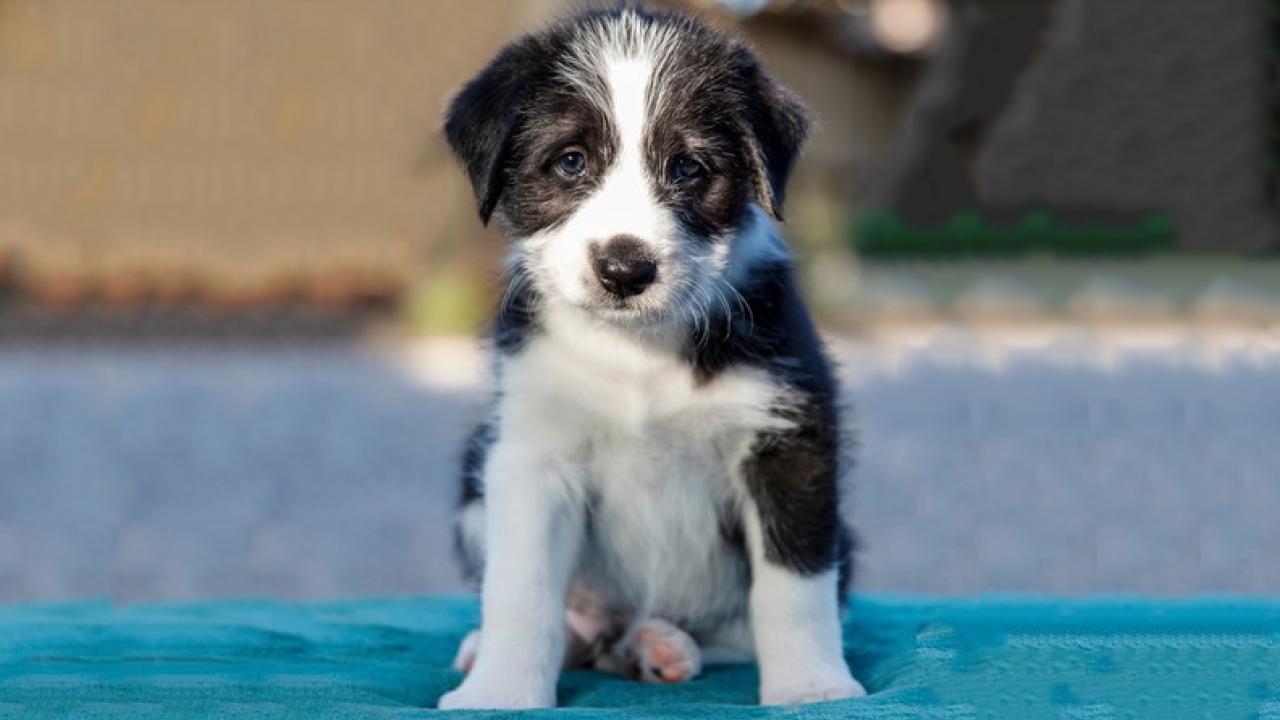
Third genetic variant causing Krabbe Disease identified in a family of mixed-breed dogs
A novel genetic variant causing Krabbe Disease in a family of mixed-breed dogs was identified in a study conducted at the University of Illinois Urbana-Champaign School of Veterinary Medicine in collaboration with the UC Davis Veterinary Genetics Laboratory.
This project really highlights the value of cross-disciplinary collaboration in veterinary medicine,” stated Dr. Annette McCoy, the study’s senior author. “The cases were initially identified by a veterinarian in a rescue organization, who recognized that advanced diagnostics were needed. She referred them down to our Neurology service. When the puppies unfortunately had to be euthanized, the pathologist reading the histology slides realized that this was likely a genetic disease. When I was pulled into the case to consult on that angle, we reached back out to the referring veterinarian, who was able to get all the other family members sampled. Once we had discovered a strong candidate mutation, I reached out to Dr. Bellone at the VGL for help sorting out the family tree, and the collaboration just grew from there. The VGL is an amazing resource; without their help we wouldn’t have been able to tell such a complete story about this family of dogs.”
Krabbe Disease, also known as Globoid Cell Leukodystrophy (abbreviated as GCL), is a severe neurological disorder that affects humans and dogs. Affected puppies have difficulty walking, tremors, and loss of muscle mass starting as early as 1-3 months of age. The disorder progresses quickly over the next few weeks, with puppies eventually being unable to move. Affected puppies are often euthanized before 1 year of age.
While more than 100 genetic variants in the galactosylceramidase (GALC) gene have been associated with GCL in humans, only two were previously identified in dogs in this same gene. One variant was found in West Highland White Terriers and Cairn Terriers (c.473A>C) and another in Irish Setters (c.790_791insAF260905.1).
In this latest study, a third genetic variant in GALC was recently identified as the cause of GCL in four closely related mixed-breed dogs in which genetic testing supports that these dogs were of Border Collie ancestry. However, the variant was not found in the 97 other Border Collies examined that were unrelated to the dogs in the study cohort. The variant was also not seen in 181 dogs belonging to four other breeds, suggesting that this could have arisen as a familial mutation, or that this is a very rare variant in the dog population that was propagated in this family of dogs.
The full publication can be found here.
